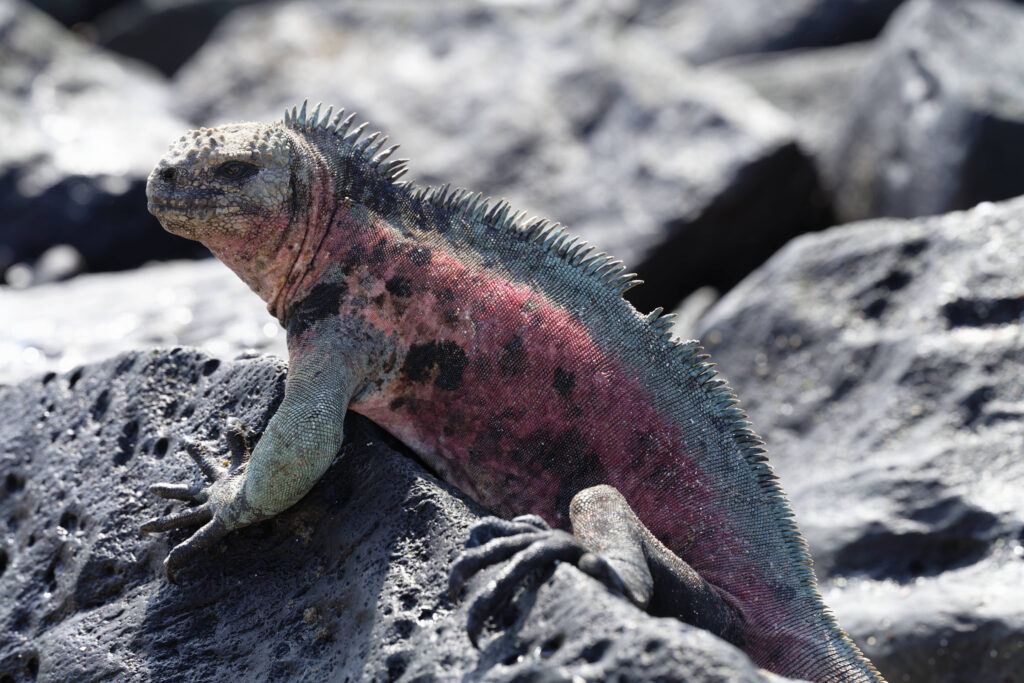- 98 Iguana eggs were found in the same area
- The eggs were found in one yard in Florida
- All of the eggs were found at a Palmetto Bay property in Miami

A record has been set in one local area, as reptile handlers said they seized 98 iguana eggs from one Florida yard.
The company Humane Iguana Control (how niche) responded to a call from a home in the Palmetto Bay suburb, located in Miami, about the lizard-laden lawn. Specifically, the call revealed that the lizards were burrowing into one yard, presumably to make a home to hide their eggs.
Read more: Google.com mistakenly sold to man for $12
When they are getting ready to lay eggs, iguanas dig burrows, often in sandy or warm areas. Weirdly, iguanas do not guard their eggs like other species. They will likely leave the eggs for three to four months, when they hatch.
See the full story of the large number of 98 iguana eggs here.
What happened with the 98 iguana eggs?
Michael Ronquillo, the owner of the reptile-removal company that retrieved the eggs, told WOFL-TV, “We removed 98 eggs. Three female iguanas had nested in burrows that were all interconnected, and each had laid her own clutch.”
Depending on the iguana species, they can lay 20 to 70 eggs per year.
Howe
Staggered by the discovery, the reptile-removal company said the 98 iguana eggs could be a new local record.
“It’s the most eggs we’ve ever removed from a single site,” Ronquillo clarified. He also said there were no other cases in their history where that many eggs were retrieved in a single setting.
The company posted a video of the eggs lined up on their Facebook page.
On the retrieval, the company said the homeowner was “initially shocked” but was “grateful” for the help of the handlers.
However, they did not specify which species of iguana was doing the digging.
“By preventing a significant new infestation, we not only protected this neighborhood from potential damage but also mitigated health risks,” they wrote in their post.
What’s wrong with iguanas in Florida?
In Florida, iguanas are considered an invasive species. This is because they cause damage to infrastructure, local wildlife, and vegetation. They do this is through creating their burrows for laying eggs, which can damage sidewalks and, in more cases, seawalks, since they like sand.
Furthermore, iguanas can transfer Salmonella through their droppings, so removing them prevents humans from getting ill in the neighbourhood. Also, they eat lots of vegetation like fruits and vegetables, which can destroy local plants and gardens that benefit the ecosystem.
Hopefully, the baby iguanas find a safer home before they hatch!
